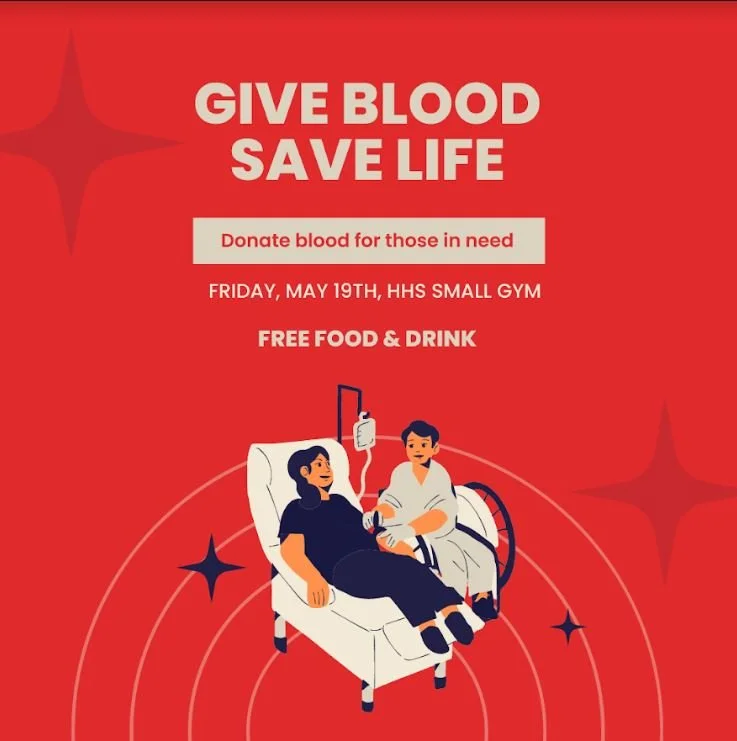UW-Madison Hate Speech
Photo by Markus Spiske from Pexels.
Carly Ungerer
UW-Madison is the largest college in Wisconsin and one many Wisconsin students apply to each year, so the surfacing of a video featuring vitriolic hate speech from one of its students has captured attention state-wide. The video shows a UW-Madison student, Audrey Godlewski, saying she wishes she could die so she could haunt “every f------ [N-word]” that “did her wrong,” and force them to “pick f------ cotton” until they die from working in the fields, while her friend, behind the camera, laughs.
Outrage, shock, and disgust are among the common reactions from members of the school and the statewide community. Petitions are cycling, calling for the expulsion of the students or some disciplinary action. However, the school merely released a statement from Deputy Vice Chancellor for Diversity and Inclusion, LaVar J. Charleston, saying, “I have also learned that in rejecting hate in all its forms, we cannot allow our reaction to this video to be born of hate and violence. There are reports that the individuals on the video have faced threats of violence and harm. That too must be condemned, just as forcefully as we condemn the racist message itself. And while we condemn racist actions, we also must understand that our campus is and must be a place for learning and growth. Everyone should be afforded the opportunity to grow, regardless of missteps, mistakes, or any other actions contrary to our values.” And while the school condemns the speech used by their students, they claim they are unable to act due to First Amendment protections on free speech.
Looking further into UW-Madison’s inaction, their page urging students to report bias and hate says: “Incidents of bias or hate affecting a person or group negatively impact the quality of the Wisconsin Experience for community members. UW-Madison takes such incidents seriously and will respond appropriately to reported or observed incidents of bias or hate.” The Wisconsin legislature covering non-academic misconduct claims that only dangerous conduct, harassment, hazing, substance abuse, and other illegal activities are grounds for significant disciplinary action. So, whether or not Madison is justified in failing to discipline their student is hinged on the argument that hate-speech is not dangerous content, which they define as conduct that endangers or threatens the health or safety of oneself or another person. While this act of hate speech is clearly harmful, proving it directly causes danger is difficult, especially considering the Supreme Court precedents of protecting hate speech.
Over the course of years, the Supreme Court has upheld the rights to freedom of speech, whose definition has expanded to include symbolic acts and voicings of opinions, no matter how vitriolic. One landmark case that defined freedom of speech, even in the case of offensive speech, was Matal v. Tam. The Supreme Court case involved Simon Tam, who wanted to name his band The Slants, but was rejected by the US Trademark Office on the grounds that the name was considered offensive towards Asian Americans. However, the Supreme Court overruled the rejection of the name unanimously.
However, their inaction has its own consequences. UW-Madison is already a predominantly white institution (PWI), and by refusing to discipline their students who engage in hateful behavior, they further alienate their students of color. Situations like these make historically black colleges and universities (HBCUs) much more appealing to students of color, given that inclusive environments are beneficial for a student’s growth and accomplishment. However, the students at Madison are demanding change and are protesting to push their list of demands. The demands include increased support for students of color, especially accommodations for students and more resources available to them, and reform of Madison’s policies in order to make the school more inclusive to all students.
Despite the valiant effort from these students, action against Godlewski is unlikely. Unfortunately, hate speech is protected regardless of the harm it may cause, but Madison is able to take action to support their marginalized communities, so the protests calling for action may see some results.
Sources:
Report Bias or Hate – Dean of Students Office
Wisconsin Legislature: Chapter UWS 17
Examining Primarily White Institutions of Higher Education: Black Student Experience in the 1960s
UW students demand action in wake of racist video | Madison365






